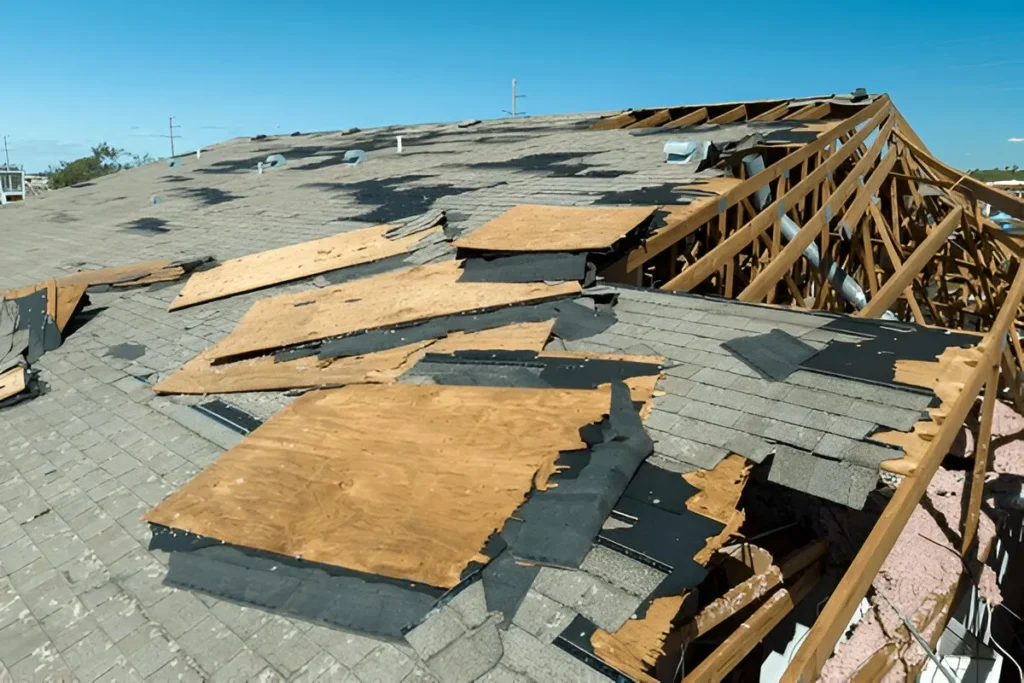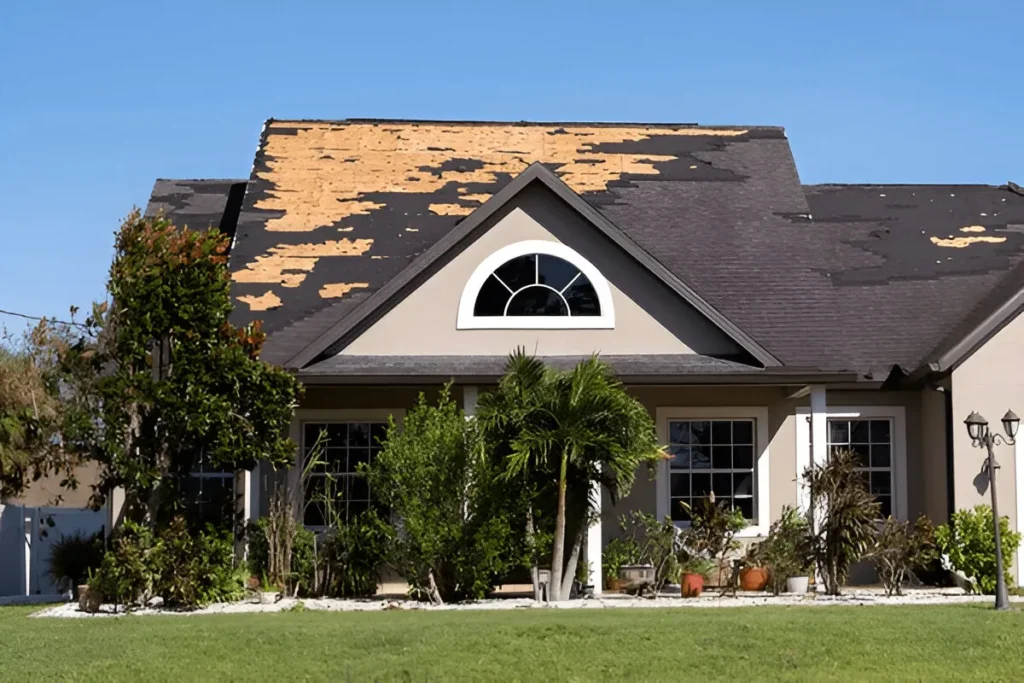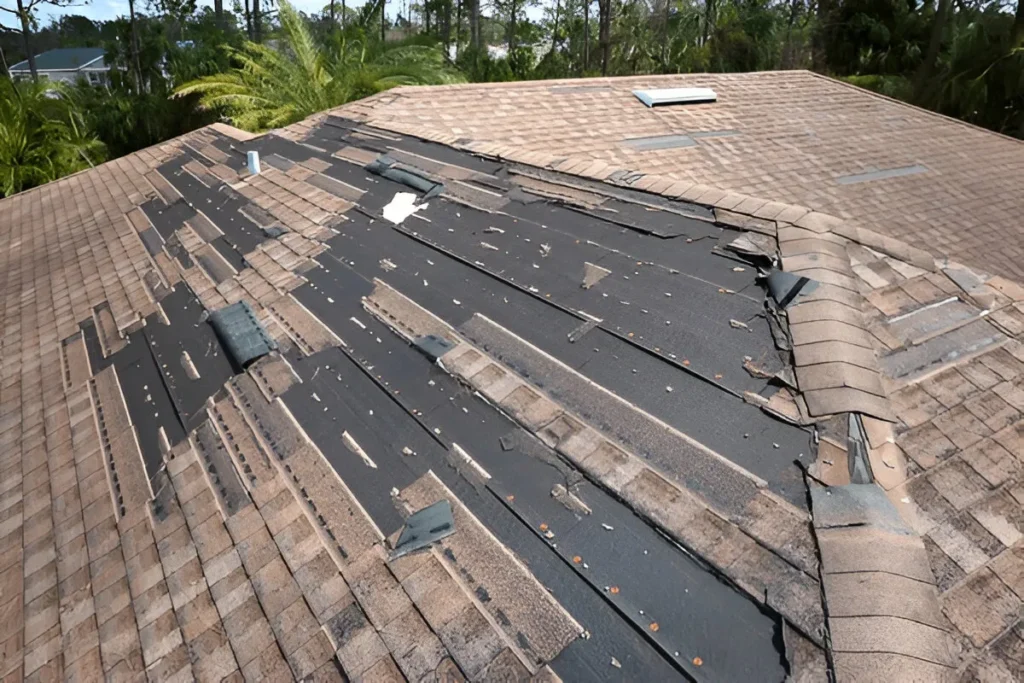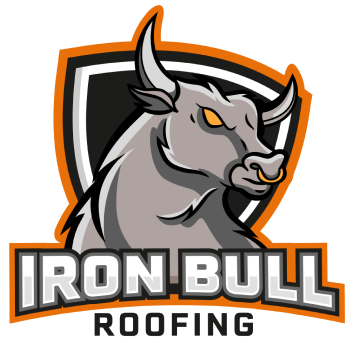Roofing Insurance
What is Roofing Insurance and Why Do You Need It?
Your roof stands as your home’s first line of defense against the elements, yet many homeowners remain unclear about the insurance coverage that protects this critical component. Roofing insurance represents a specialized aspect of homeowners insurance that can mean the difference between minor repair costs and financial catastrophe when storm damage strikes.
Understanding roofing insurance isn’t just about knowing what’s covered—it’s about making informed decisions that protect your family’s most valuable asset. Whether you’re dealing with hail damage, wind storms, or unexpected leaks, the right coverage ensures you can restore your home without depleting your savings.
This comprehensive guide will walk you through everything you need to know about roofing insurance, from basic coverage principles to choosing the right policy for your specific needs. You’ll discover what factors influence your premiums, how to navigate the claims process, and why working with experienced roofing professionals can make all the difference in your insurance experience.
Understanding the Basics of Roofing Insurance
Roofing insurance operates as a component of your standard homeowners insurance policy, designed to cover roof-related damages under specific circumstances. Unlike a separate policy, roofing coverage integrates into your overall home insurance framework, providing protection when covered perils damage your roof structure or materials.
The coverage typically follows an actual cash value or replacement cost basis. Actual cash value policies factor in depreciation, paying out the current worth of your damaged roof materials after accounting for age and wear. Replacement cost coverage, while more expensive, covers the full cost of replacing damaged materials with new ones of similar quality.
Most standard policies cover sudden and accidental damage caused by covered perils such as hail, windstorms, fire, or falling objects. However, coverage excludes damage resulting from lack of maintenance, normal wear and tear, or gradual deterioration. This distinction becomes crucial when filing claims, as insurance companies carefully evaluate whether damage stems from a covered event or neglected upkeep.
Deductibles play a significant role in roofing insurance claims. Your deductible represents the amount you’ll pay out-of-pocket before insurance coverage kicks in. Some policies feature separate, higher deductibles specifically for roof and wind damage, particularly in storm-prone areas.

Roofing Insurance
Why Roofing Insurance Is Essential for Homeowners
The financial implications of roof damage extend far beyond simple repair costs. A complete roof replacement can cost anywhere from $15,000 to $50,000 or more, depending on your home’s size, materials, and local labor costs. Without adequate insurance coverage, these expenses could force homeowners into debt or compromise their financial stability.
Weather-related roof damage occurs more frequently than many homeowners realize. The Insurance Information Institute reports that wind and hail damage accounts for billions in insurance claims annually. Even minor storms can cause significant roof damage, particularly to older roofs or those with pre-existing vulnerabilities.
Beyond immediate roof repair costs, roof damage creates cascading problems throughout your home. Water infiltration from damaged roofing can destroy insulation, damage electrical systems, promote mold growth, and ruin personal belongings. Comprehensive roofing insurance helps address these secondary damages, preventing minor roof issues from becoming major home restoration projects.
Roofing insurance also provides peace of mind for homeowners in storm-prone regions. Knowing that your policy covers storm damage allows you to focus on your family’s safety during severe weather events rather than worrying about potential repair costs.
The coverage becomes particularly valuable for homes with premium roofing materials. Slate, tile, or metal roofing systems represent significant investments that warrant protection through adequate insurance coverage. These materials often last decades when properly maintained, making replacement cost coverage especially important for preserving your home’s value.
What Does Roofing Insurance Cover?
Standard roofing insurance policies typically cover damage from specific events, or “perils.” Here’s a breakdown of what’s usually included:
- Wind and Hail: This is one of the most common types of claims. Coverage includes damage from high winds, tornadoes, and hurricanes (e.g., missing shingles, damaged flashing) and destruction from hailstones (e.g., cracked tiles, dented metal).
- Fire: This covers damage from the fire itself, as well as from smoke and the efforts to extinguish it.
- Lightning: Protects against direct strikes that cause structural damage and electrical surges from nearby strikes.
- Falling Objects: Covers damage from things like trees or other debris that land on your roof.
- Additional Living Expenses: If roof damage makes your home unlivable, most policies will help cover costs like hotel stays and meals while repairs are underway.
It’s important to note what is not covered. Most standard policies exclude damage from floods (which requires separate insurance), general wear and tear, and issues caused by a lack of maintenance.
Factors Influencing Roofing Insurance Costs
Understanding what drives your roofing insurance premium helps you make informed decisions. Key factors include:
- Geographic Risk: Premiums are higher in areas prone to severe weather like hurricanes, tornadoes, or hailstorms, as insurers account for regional risk.
- Roof’s Characteristics: The age, condition, and materials of your roof significantly impact costs. Newer, well-maintained roofs, especially those with impact-resistant materials, often earn discounts. Conversely, older or complex roofs may face higher premiums.
- Claims History: Frequent roof-related claims can lead to higher rates or even policy non-renewal, while a clean record can secure loyalty discounts.
- Policy & Personal Factors: Your chosen deductible (a higher deductible generally means lower monthly premiums) and even your credit score can influence rates.
- Building Standards: Strict local building codes that mandate resilient construction methods can result in lower premiums due to reduced risk.

Roofing Damage Insurance
Choosing the Right Roofing Insurance Policy
Choosing the right roofing insurance requires a close look at your home’s specific needs. Here’s what to consider:
- Assess your roof: Evaluate its current condition, age, and material type. This will help you decide between actual cash value (which pays out the current value of your roof) and replacement cost coverage (which pays to replace it with a new one).
- Evaluate your location: If you live in an area prone to severe weather, you might need higher coverage limits or a lower deductible to minimize out-of-pocket costs after a storm.
- Choose the right deductible: A higher deductible can lower your monthly premium, but make sure it’s an amount you can afford to pay if you need to file a claim. Be aware of percentage-based deductibles for roof damage, as these can lead to high out-of-pocket costs.
- Verify your coverage limits: Get a professional estimate for a full roof replacement to ensure your policy adequately covers current construction costs.
- Compare different insurers: Policies, terms, and prices vary significantly between companies. Shop around to find the best fit, especially if you live in a high-risk area.
- Read the fine print: Pay close attention to policy exclusions and maintenance requirements. Neglecting required upkeep could void your coverage when you need it most.
- Consider extra coverage: Ask about add-ons (endorsements or riders) for special roofing materials or guaranteed replacement cost, which can protect you from rising construction prices.
Iron Bull Roofing: Your Trusted Roofing Partner
When dealing with roofing insurance claims, working with experienced professionals becomes crucial for achieving successful outcomes. Iron Bull Roofing brings years of expertise in helping homeowners navigate the complex insurance claims process while ensuring quality repairs that restore your home’s protection and value.
Understanding insurance requirements represents a core strength of Iron Bull Roofing’s service approach. Their team knows how insurance adjusters evaluate damage, what documentation insurers require, and how to present claims information for optimal results. This expertise helps homeowners avoid common pitfalls that could result in claim denials or reduced settlements.
Iron Bull Roofing assists homeowners throughout the entire claims process, from initial damage assessment through final repairs. They provide detailed documentation of storm damage, work directly with insurance adjusters during inspections, and ensure that all covered damages are properly identified and included in claim settlements.
Their commitment to quality workmanship ensures that insurance-covered repairs meet or exceed industry standards. Using premium materials and proven installation techniques, Iron Bull Roofing delivers repairs that provide long-term protection for your home while satisfying insurance requirements.
The company’s local expertise proves invaluable for understanding regional weather patterns, building codes, and insurance company practices. This knowledge helps homeowners make informed decisions about their roofing needs and insurance coverage options.
Iron Bull Roofing also provides preventive maintenance services that can help homeowners avoid insurance-related complications. Regular roof inspections and maintenance help identify potential issues before they become major problems, potentially preventing claim denials related to maintenance neglect.

Roofing Damage Insurance Service
Protecting Your Investment with Smart Insurance Choices
Choosing the right insurance plan is essential for protecting your home and ensuring financial stability in the event of unexpected roofing issues. Start by reviewing your current homeowner’s insurance policy to understand what is covered and identify any gaps. Many policies include protection against common weather-related damages, but exclusions or limitations might apply to specific scenarios like gradual wear and tear. Consider adding supplemental coverage if your region is prone to severe storms, hail, or high winds.
Additionally, working with a knowledgeable roofing contractor like Iron Bull Roofing can provide insight into ensuring your roof meets insurance requirements. Proper documentation, such as photographs and detailed inspection reports, can streamline the claims process if damage occurs. By staying proactive with both roofing maintenance and comprehensive insurance choices, homeowners can safeguard their property and minimize financial risks.
https://www.google.com/maps?cid=1166087704919324729
